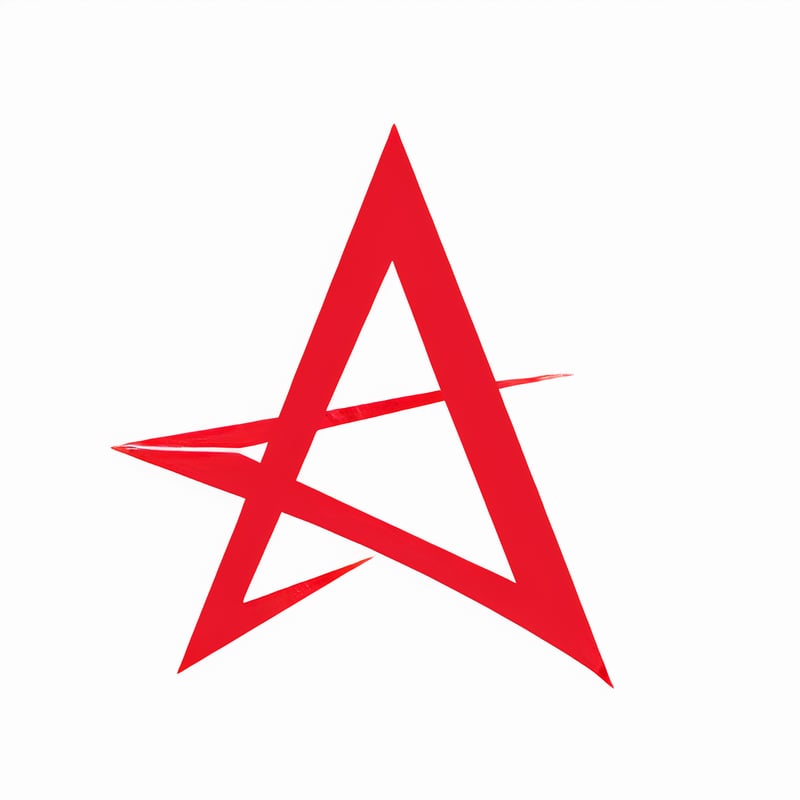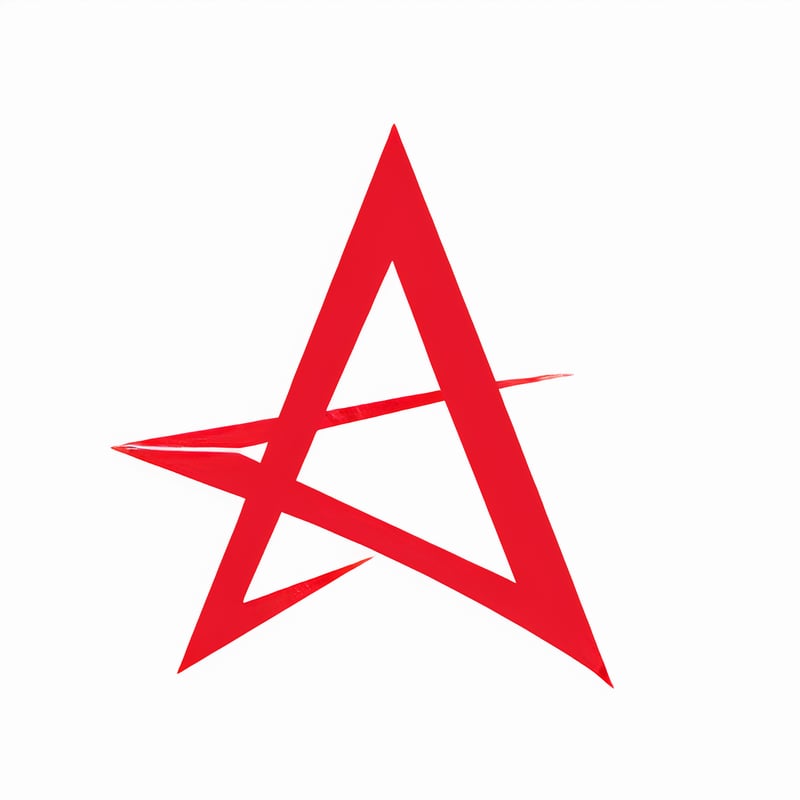
Financial aid (may be available)

$725 to start
$1,450 total

Financial aid (may be available)

Financial aid (may be available)
No cost info

Financial aid (may be available)
$4,147 total
$8,046 total
This Registered Respiratory Therapy program is 100% online and is designed as a nontraditional track for individuals who have completed an associate's degree in respiratory care and have already earned the Registered Respiratory Therapist (RRT) credential granted by the National Board for Respiratory Care. Our courses are taught by full-time faculty who are Registered Respiratory Therapists with advanced degrees and extensive clinical training and experience.
No cost info
The University of Cincinnati's online Bachelor of Science in Respiratory Therapy program is designed to improve real-world clinical competence while preparing active respiratory therapy professionals for a lasting future in the healthcare industry. The robust and engaging curriculum challenges students, promoting a deeper understanding of advanced healthcare operations, logistics, technology, leadership, ethics, and project management. Delivered by the industry-experienced faculty in the UC College of Allied Health Sciences, the online program advances respiratory therapy practice and research by focusing on current and future industry standards. The end result is a clinician who can make significant contributions to the field while positively affecting the future of respiratory care for a diverse range of patients. Build on your experience, define your practice, and prepare for the future. Develop the expertise needed for advanced practice and leadership opportunities. Interact and network with an industry experienced faculty and healthcare professionals. Earn a bachelor of science in respiratory therapy in as few as 20 months (5 semesters). Continue working while your learn with flexible, 100 percent online classes.
No cost info
A bachelor’s degree in respiratory therapy from MU will help you provide the hands-on care that assists in recovery and management of a wide range of medical conditions. If you hold the NBRC RRT credential or the Canadian equivalent, this may be the degree for you.
No cost info
Working primarily in hospital settings, respiratory therapists are responsible for an extremely wide range of patients. From the smallest infants to the elderly, from long-term disease to emergencies, respiratory therapists must be prepared for everything. Our program will give you access to expert instruction and the cutting-edge skills you need to advance your career.
This is a degree completion program. Students must have earned an associate degree in respiratory care, hold your RRT from the National Board of Respiratory Care (NBRC), and currently licensed to practice to be eligible for admission.
No cost info
Respiratory Therapy careers are projected to grow 23% by 2026, and because East Tennessee State University allows more transfer credits than most universities, an online B.S. in Respiratory Therapy from ETSU can save you valuable time and tuition dollars while helping you move forward faster.
The Respiratory Therapy (Cardiopulmonary Science) Completion Program at ETSU is an accredited, online program dedicated to providing advanced instruction emphasizing best practices in clinical respiratory therapy based on scientific inquiry.
No cost info
No cost info
If you are considering a rewarding career in the medical field that allows you to make a significant impact on patients' lives, becoming a respiratory therapist may be the perfect choice for you. This blog post will provide detailed information about respiratory therapy training in Austin, including what a respiratory therapist does, what the training requirements are, how to find a class, what to expect from day-to-day classes, and the certification process.

A respiratory therapist is a specialized healthcare professional who is trained to evaluate, treat, and care for patients with breathing disorders and cardiovascular problems. They work closely with doctors and nurses to provide therapeutic treatment and life support to patients with lung conditions such as asthma, emphysema, and pneumonia. They also play a crucial role in emergency care for patients suffering from heart attacks, drowning, or shock.
Becoming a respiratory therapist requires completing an accredited respiratory therapy program. These programs typically take two to four years to complete and lead to an associate's or bachelor's degree. The curriculum includes both classroom instruction and hands-on clinical training. Here are some key topics covered:
Anatomy and physiology
Microbiology and biochemistry
Respiratory diseases and disorders
Respiratory therapy techniques
Medical recordkeeping and healthcare ethics
For more information on how to become a respiratory therapist, check out this comprehensive guide.
When looking for a respiratory therapist class, there are several factors to consider. Some of these include:
Accreditation: The program should be accredited by a recognized accrediting body. This ensures that the program meets certain standards of quality and that the credits you earn will be recognized by other educational institutions and employers.
Clinical experience: Hands-on training is crucial in this field. Make sure the program provides ample opportunities for clinical practice.
Course content: The coursework should cover all the necessary topics to adequately prepare you for the role of a respiratory therapist.
Faculty: Experienced instructors can provide valuable insights and guidance.
Day-to-day classes in a respiratory therapy program vary depending on the structure of the program and the stage of the program. Typically, you'll spend time in the classroom learning theory and then apply that theory in clinical settings.
Classroom learning: You'll learn about the respiratory system, diseases that affect it, and how to treat those diseases.
Clinical practice: You'll practice what you've learned in real-world settings, working with patients under the supervision of experienced professionals.
After completing the respiratory therapy program, you'll need to get certified. This involves passing a national exam administered by the National Board for Respiratory Care (NBRC). Becoming a Certified Respiratory Therapist (CRT) is the first step. After gaining some experience, you can take another exam to become a Registered Respiratory Therapist (RRT).
Once you're certified, you can start looking for jobs. Hospitals, long-term care facilities, and home health agencies are among the employers that hire respiratory therapists. You can also find opportunities in pulmonary rehabilitation programs and medical equipment sales.
After becoming a respiratory therapist, you can choose to specialize in areas such as neonatal/pediatric care or pulmonary rehabilitation. Further education can also open doors to roles in healthcare management or education.
Beyond the CRT and RRT certifications, additional certifications can help you specialize and advance in your career. These include:
Neonatal/Pediatric Specialist (NPS)
Sleep Disorders Specialist (SDS)
Certified Pulmonary Function Technologist (CPFT)
Registered Pulmonary Function Technologist (RPFT)
For further insights into the life of a respiratory therapist, you can read this interview.
Joining professional organizations such as the American Association for Respiratory Care (AARC) can provide networking opportunities, continuing education options, and resources to stay up-to-date on advancements in the field.
The demand for respiratory therapists is expected to grow in the coming years due to an aging population and increased prevalence of respiratory diseases.
Becoming a respiratory therapist can be a rewarding career choice, offering the opportunity to make a real difference in patients' lives. With the right training and certifications, you can be part of a dynamic healthcare team. The journey to becoming a respiratory therapist can be challenging, but the rewards are definitely worth the effort.
If you're exploring options in this field in various locations, Dreambound's extensive guides are a great resource. We've got detailed insights for numerous cities. check out some additional guides below:
Contemplating a change in your career path? Dreambound has written many comprehensive guides to aid you in making well-informed decisions.
Dreambound's platform allows prospective students to find the right educational program for them through searching, filtering, and connecting with our extensive selection of career & technical education partners.
Dreambound has over 70 programs across healthcare, technology, business, and industrial trades. This includes programs such as Medical Billing, Cybersecurity, and welding.
Some of our schools offer financial aid for those who qualify. Many others offer payment plans, where you can pay the cost of class over time.
Yes, Dreambound offers many online programs. On Dreambound's search, you can filter by online, in-person, and hybrid (part online, part in-person).
Dreambound is completely free for you to use! We are supported by schools and organizations who pay to advertise on our website, so we can offer all of our career resources for free.